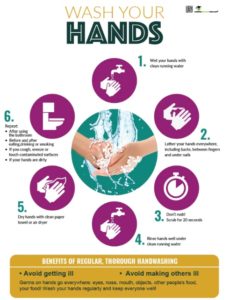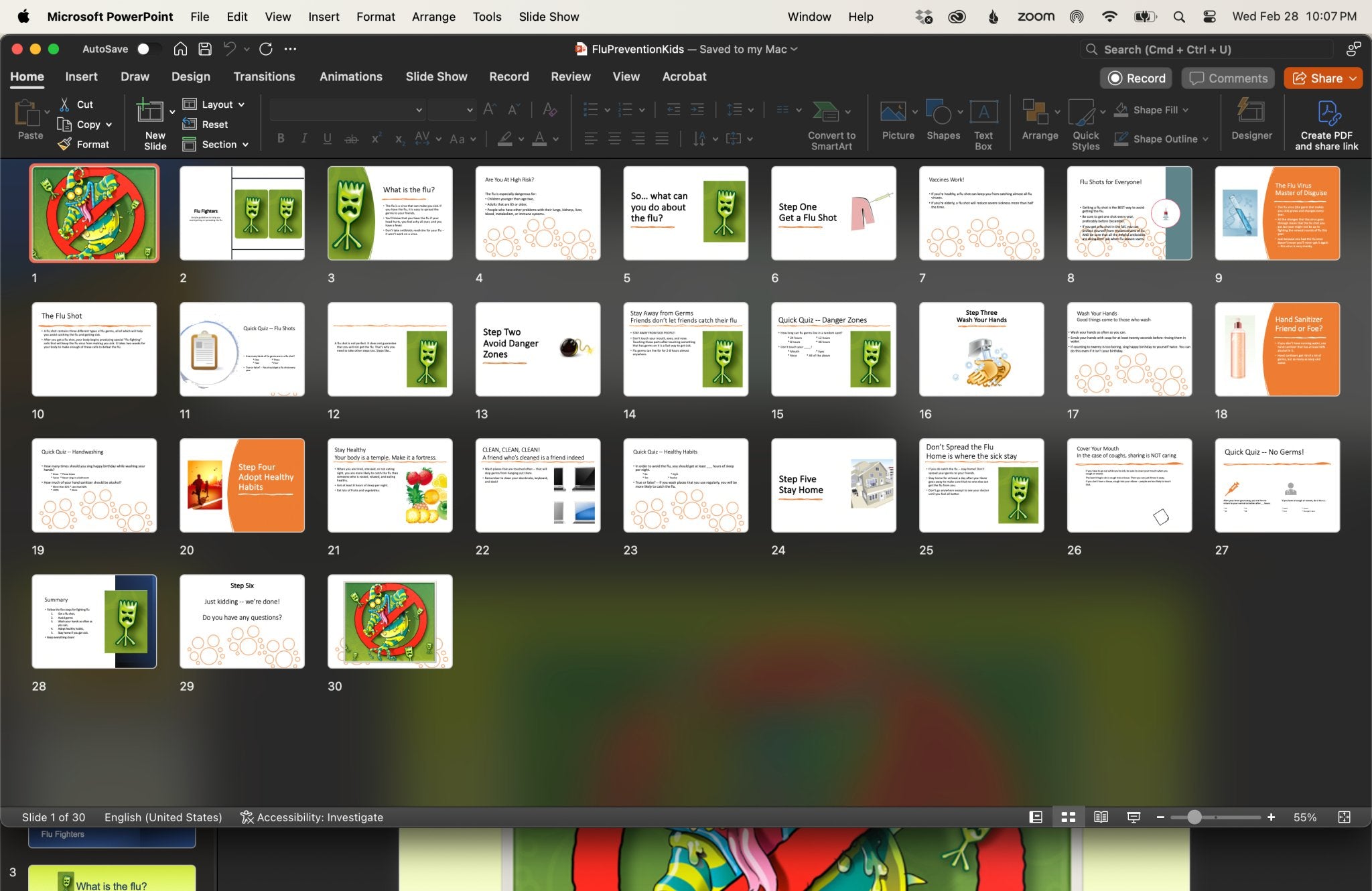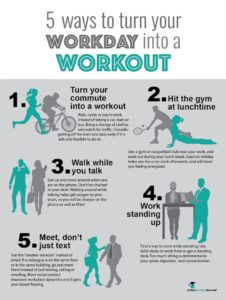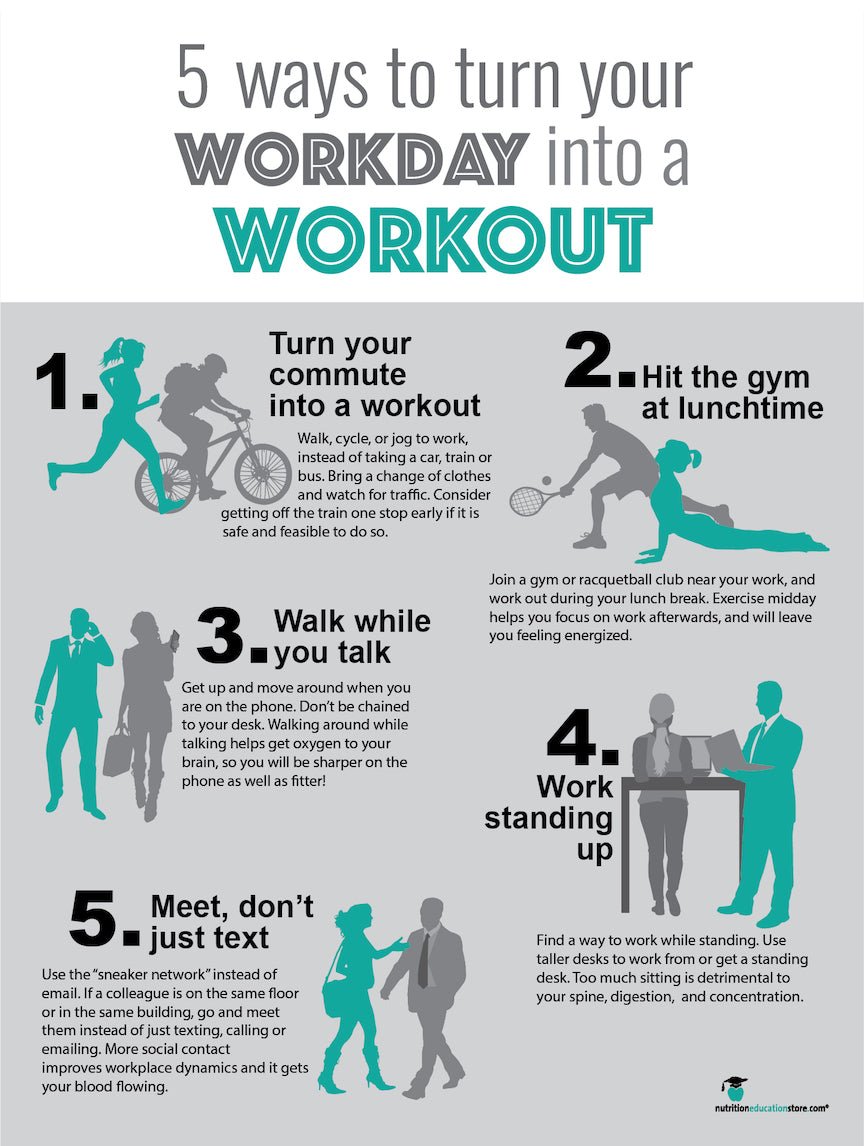With social distancing and school closings, you may be wondering what to do about nutrition and health education. Many people, from musicians to personal trainers to artists, are sharing their expertise and talent with the world by way of Zoom, YouTube, Facebook Live, and other virtual ways of connecting. You can do this too!
If the thought scares you, start small. Do some trial runs with family and friends as your virtual audience. And really, don’t worry about messing up. Even the pros make mistakes.
As far as what topics to cover, the possibilities are endless. Give your audience a break from thinking about the coronavirus. Keep it light, but still provide some good information.
Health calendar observances are good sources of inspiration. There is a food or health topic for almost every day of the year. Some are official, others not so much. But as long as your information is accurate, go for it.
Health calendars we like:
Below are some ideas to get you thinking … these are mostly official health weeks and months. Look for a future post about more light-hearted topics, like National Garlic Day (April 19), Salsa Month (May), and National Hummus Day (May 13).
March/April:
National Drug and Alcohol Facts Week (March 30–April 5): The goal of this week is to connect teens to resources to SHATTER THE MYTHS® about drugs and alcohol. There are online and downloadable versions of the 2020 National Drug & Alcohol IQ Challenge and plenty of activities that teens, parents, and teachers can do from home.
April:
Irritable Bowel Syndrome Awareness Month: The International Foundation for Gastrointestinal Disorders has a toolkit as well as simple tips you can share, covering topics like probiotics, exercise, and fiber. If you want a deep dive into gut health, check out our Microbiome PowerPoint.
National Minority Health Month: This year’s theme is Active & Healthy, with a focus on simple ways to move more to reduce the risk of chronic diseases and other conditions that are often more common or severe among racial and ethnic minority groups. You could focus on ways to get exercise when we’re all staying home because of COVID-19, like dancing, walking, household chores, or bouncing on an exercise ball while binge-watching.
World Health Day (April 7): World Health Day 2020 will honor nurses and midwives, which is particularly appropriate given their role on the front lines of fighting COVID-19. The World Health Organization’s calls to action include asking the general public to “show nurses and midwives your appreciation for their work and thank them for what they do to keep us healthy.” Invite your clients, students, and colleagues to thank a nurse or midwife they know (or work with) by posting on social media using the tag #SupportNursesAndMidwives.
Every Kid Healthy Week (April 20–24): Every Kid Healthy™ Week celebrates school health and wellness achievements. Each day of the week spotlights actions schools and families are taking to improve the health and wellness of their kids. While most schools closed due to COVID-19, Action for Healthy Kids provides plenty of “do this at home” ideas and activities. Each weekday has a topic and we have some fantastic materials that would go with them:
May:
Food Allergy Awareness Week (May 10-16): Help the public learn more about food allergies by sharing information from the Food Allergy and Anaphylaxis Connection Team (FAACT). A good place to start is their downloadable 10 FAACTS About Food Allergies poster. If your audience includes new or expecting parents, you could talk about peanut early introduction guidelines from Food Allergy Research & Education. We have some great resources as well: a fun Food Allergy Poster and our Food Allergies (They’re Nothing to Sneeze At!) PowerPoint with handouts.
National High Blood Pressure Education Month: The CDC says that about 28% of American adults aged 18 years or older have prehypertension, so educating folks about preventing and controlling high blood pressure is an important message for many. We have lots of blood pressure materials to help, including PowerPoint shows like Blood Pressure 101, Blood Pressure Trivia Game, and Four Lessons to Lower Blood Pressure. You could also talk about the DASH Diet and make your own sodium test tubes, using sandwich bags if necessary.
World No Tobacco Day (May 31): The World Health Organization leads this effort against smoking, specifically working to keep youth from falling prey to tobacco marketing and advertising campaigns. With the popularity of e-cigarettes, our Dangers of Vaping poster is just what you need to address this important topic. For more info and resources on vaping, see this recent blog post. We also have a Living Tobacco Free PowerPoint show.
This is just a sample of health calendar observances you can share with your clients or students. Remember to keep it light and make it fun!
Here are some popular presentations from NutritionEducationStore.com:








